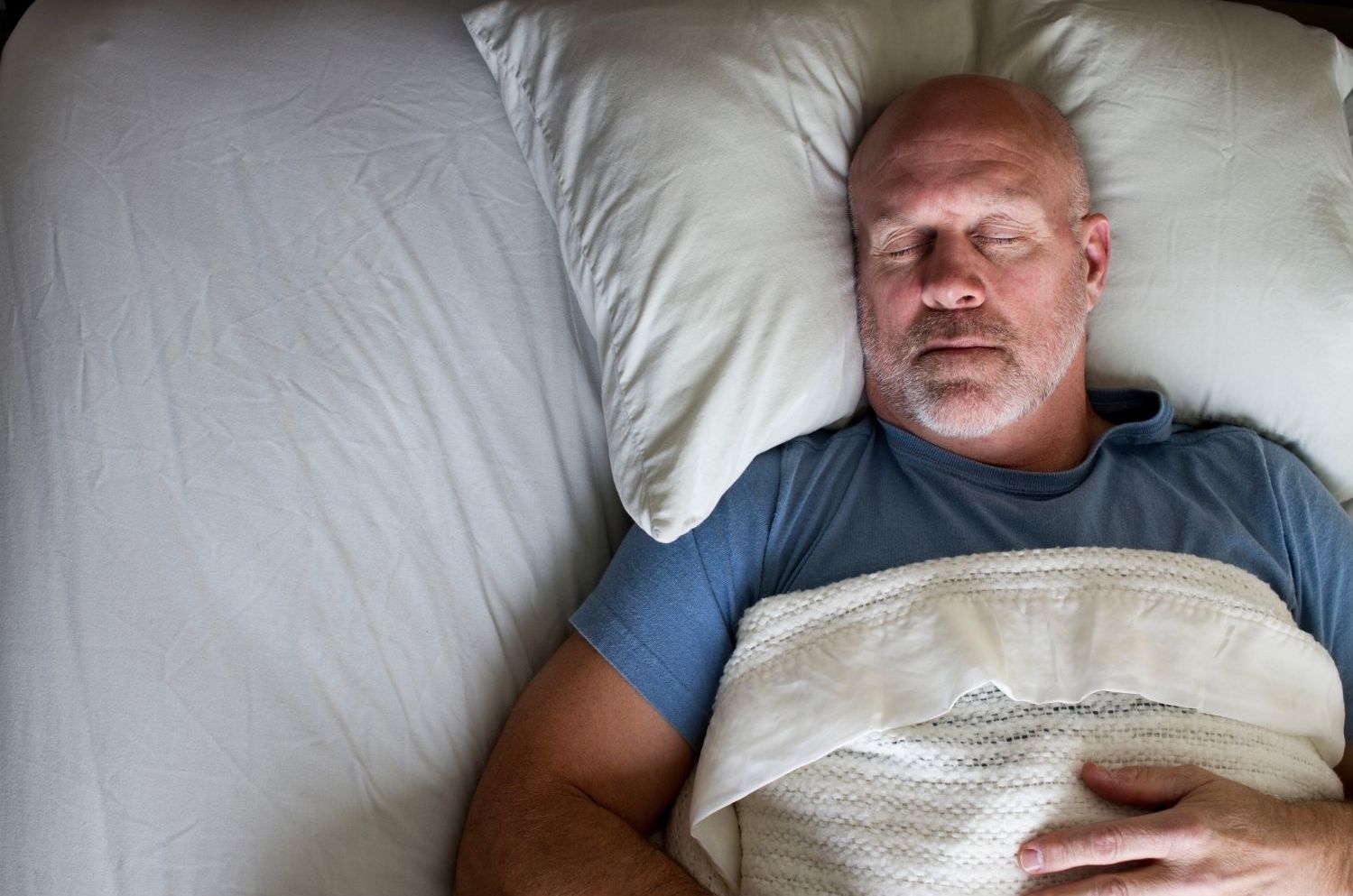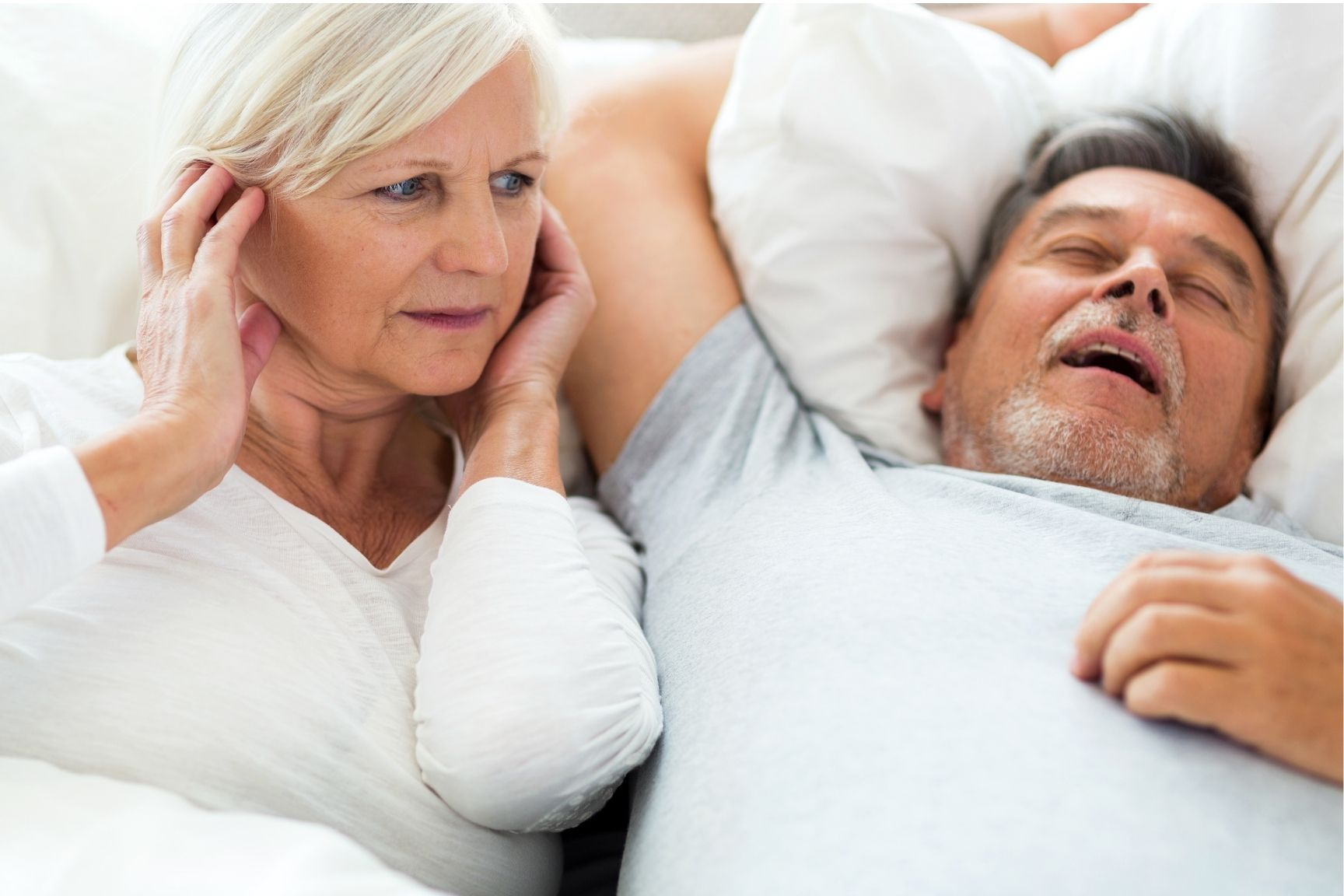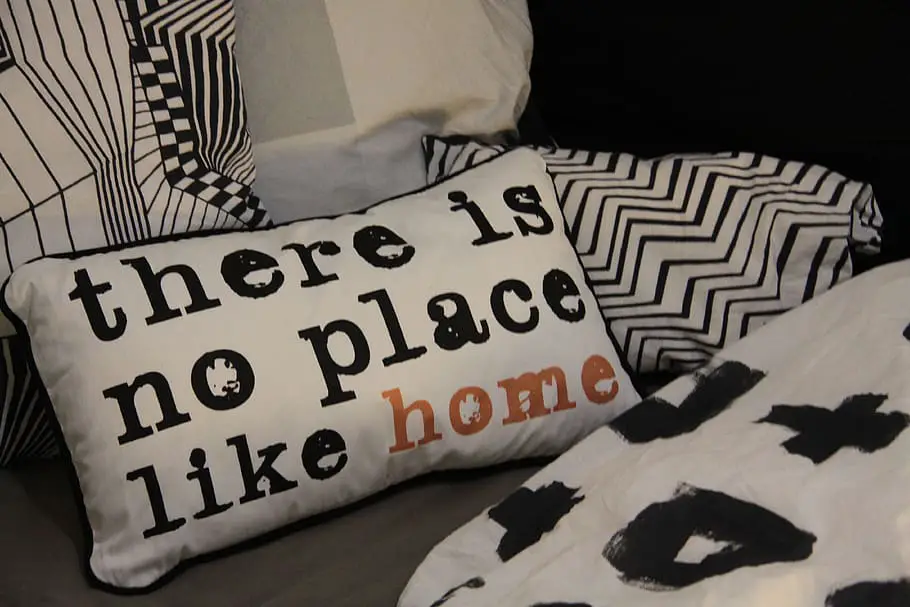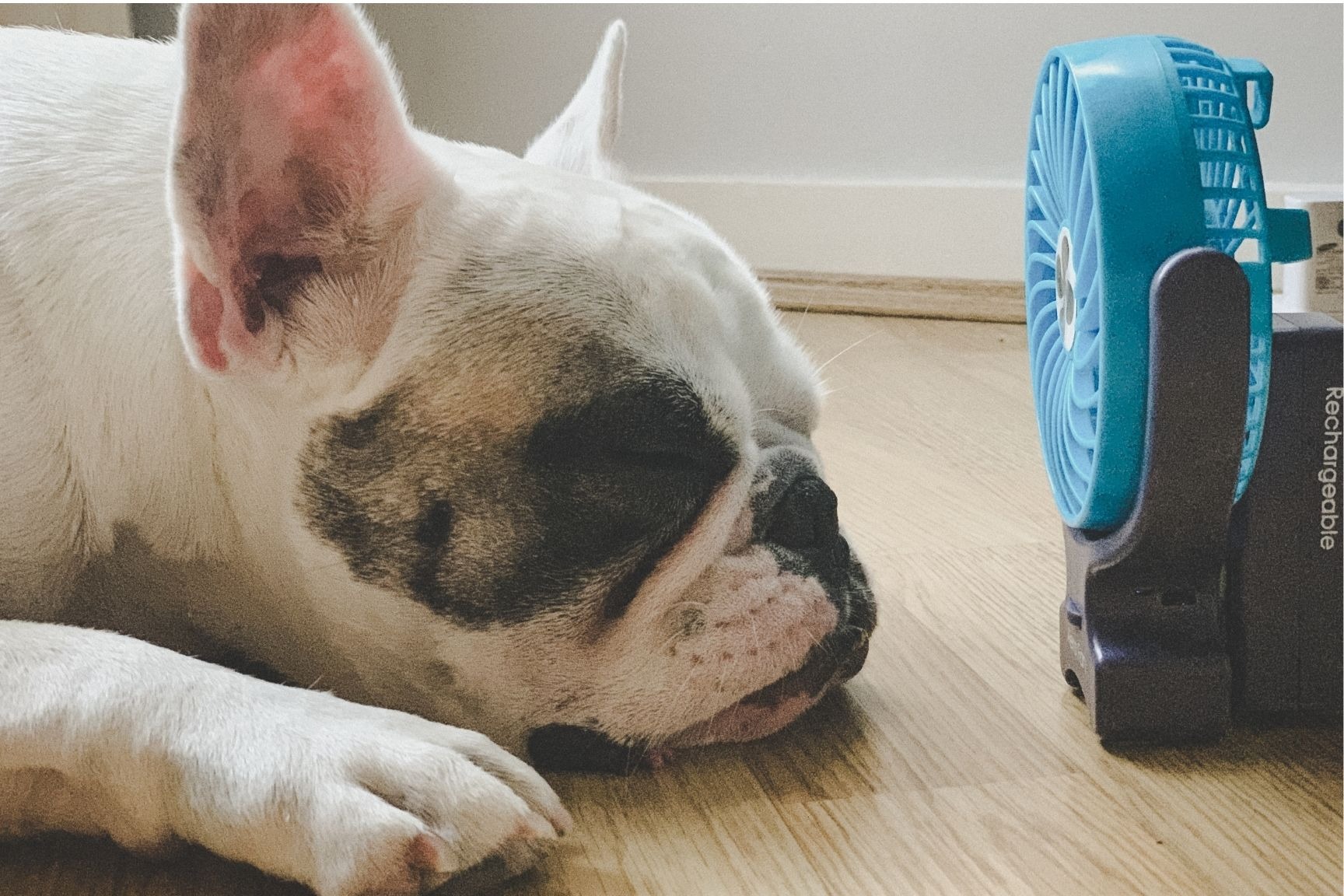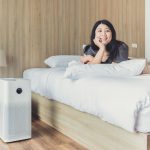So how much of our lives do we spend sleeping, do they say? Like 26 years or something, and another 7 years just trying to get to sleep. That’s insane.
We all know the feeling I’m not getting a good night sleep and trying to be at our best the next day or sometimes days.
Not getting the adequate amount of sleep presents a whole host of problems.
Some very severe like memory loss, heart disease, and low sex drive.
There is no doubt that sleep is a very important part of everyone’s lives.
Table of Contents
But did you know that humidity can have an effect on how well you sleep?
It’s a fact.
Air that is too dry can cause your breathing to be impaired because of dust and germs that easily float when there’s not enough moisture in the air to weigh them down.
When you’re trying to sleep, breathing in these impurities can cause snoring, coughing, and exasperated sleep apnea.
Dry air also can cause your skin to become dehydrated leading to flaky itchy skin, and acne.
As well as cause your nasal passages along with your throat, to become raw leading the nosebleeds and a dry sore throat.
On the opposite end of the spectrum, air that is too humid can be filled with mold spores and dust mites, also making it hard to breathe deep while you are trying to get a good night’s rest.
Excessive humidity can also be harder to breathe which can impair your slumber, and be a nightmare for people with asthma and sleep apnea.
But fortunately, there is a device that can help you remedy any problems you are having sleeping because of poor low humidity.
The device?
The humidifier.
Yep. The Humidifier.
The benefits of sleeping with a humidifier nearby are many.
Restful sleep when you’re congested and your nasal passages are swollen and brittle, hydrated skin when you’re dried out,
and Air that is cleaner to breathe because of the capacity of moisture in the air to ” weigh down” dust and particulates inhibiting their ability to float.
Sounds wonderful and it is. Humidity is much more a part of being healthy and getting proper sleep than most people including myself ever thought of or gave it credit for.
How do you know if you need a humidifier?
How do you know when you need to use a humidifier?
There are certain times of the year, namely the cold winter months when the air becomes naturally too dry.
Then to combat the cold, we turn on the heater, which dries the air out further.
During this time of year, it’s a no-brainer. You need a humidifier.
 But even with that information, knowing when to use a humidifier is still guesswork unless you have a way of measuring the humidity.
But even with that information, knowing when to use a humidifier is still guesswork unless you have a way of measuring the humidity.
Aha… The point!
Measuring the humidity level of the air in your home is the only way you can be sure you need to fire up the humidifier.
How do you do that?
A hygrometer. A hygrometer is to humidity what a thermometer is to temperature.
A simple device that measures the relative humidity.
You can buy them fairly cheap and monitor the humidity at your leisure.
But, Humidifiers these days come with everything you need to measure your humidity, dial in the humidity level you want, and let the machine do the work.
You can buy a humidifier with a built-in hygrometer and a humidistat to set the humidifier at whatever humidity you want.
You can purchase humidifiers that have all the smart capabilities that allow you to control your humidifier via your phone, or check the relative humidity in your home, or schedule the humidifier to come on at a certain time.
All at your fingertips and all easily programmed to take commands by voice.
With what is known about humidity these days and it’s capacity to hinder viruses, hydrate skin and help keep acne under control, as well as act as a natural air purifier,
Combined with the amazing selection of humidifiers available that can do it all,
I think its time we took humidifiers more seriously and looked at them as an investment other than a cheap plastic drugstore item.
Humidifiers are also starting to make big jumps in the way they are cleaned.
You can now purchase humidifiers that have ultraviolet lights to target and kill bacteria inside of the water before it becomes part of the air,
There are also humidifiers that are made out of antimicrobial plastic that keeps bacteria and fungus from being able to grow on the actual materials that the humidifier is made out of,
And there are also additives you can buy to put in the humidifier to keep mold and bacteria from becoming an issue.
And don’t forget, smart humidifiers will also alert you when it’s time to clean your humidifying device.
Recap
Sleeping with the humidifier when the air is dry has many benefits.
1. Keeping your skin hydrated,
2.Weighing down and keeping dust and particulates out of the air so that they are not breathed in,
3.Easing the pain of swollen and dried nasal passages are all benefits to sleeping with a humidifier on.
But as wonderful is all that is, humidifiers are not needed all year long.
In order to get the best result out of a humidifier, you need to know exactly when to run it.
And in order to do that, you first need to measure the humidity before you get started.
A hygrometer is a simple tool to measure the relative humidity.
Fairly inexpensive, the hygrometer will let you know whether you even need to turn the humidifier on or not.
Fortunately these days, it’s not hard to find a humidifier that has a hygrometer built in as well as a humidistat to dial in the humidity level that you desire.
Like everything else in the modern world, humidifiers can be purchased to work with your Wi-Fi and be controlled using an app to schedule and monitor your relative humidity level.
If you’re living on the opposite side of the spectrum and you’re average humidity is too high, a dehumidifier may be the ticket.

